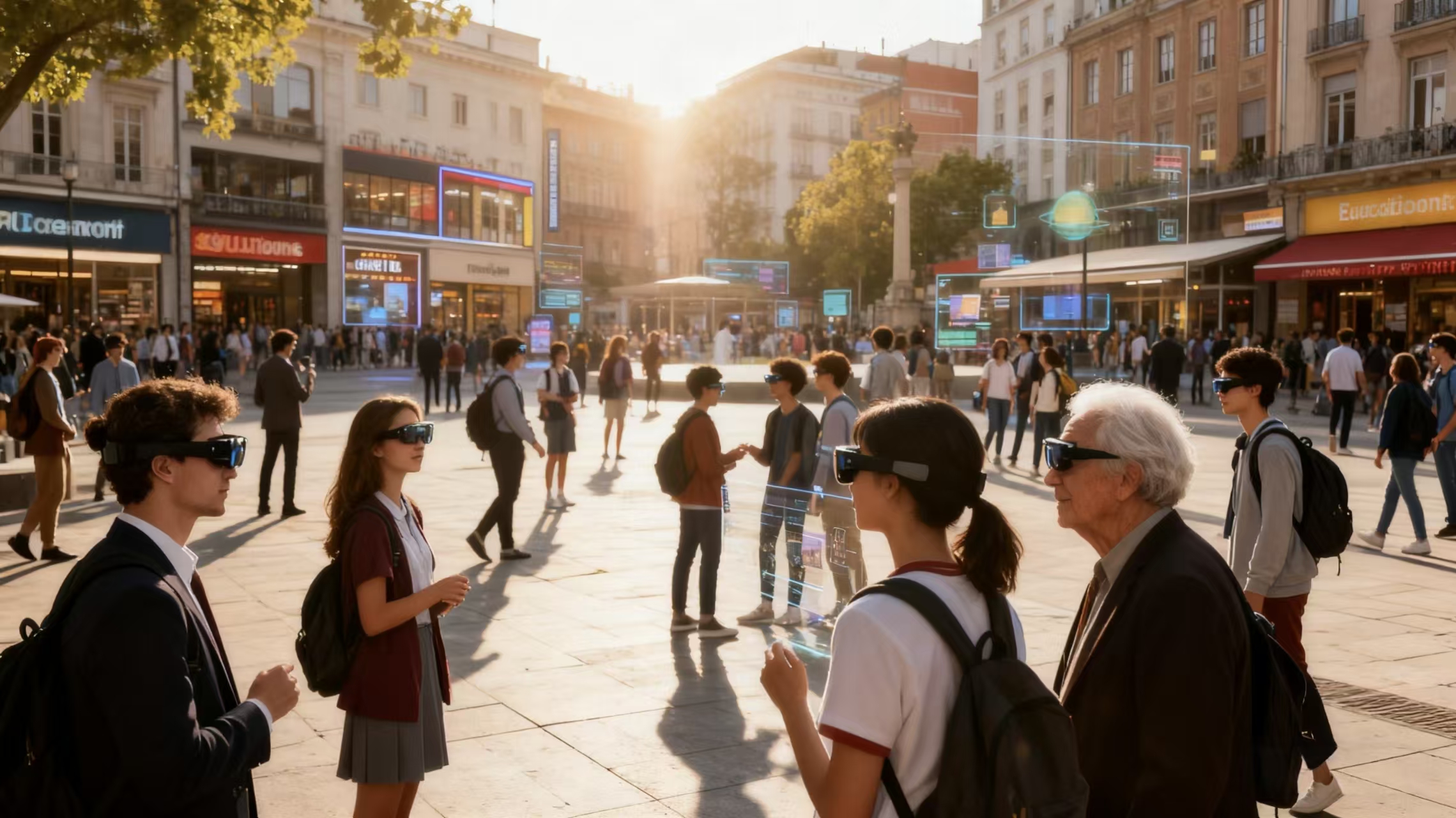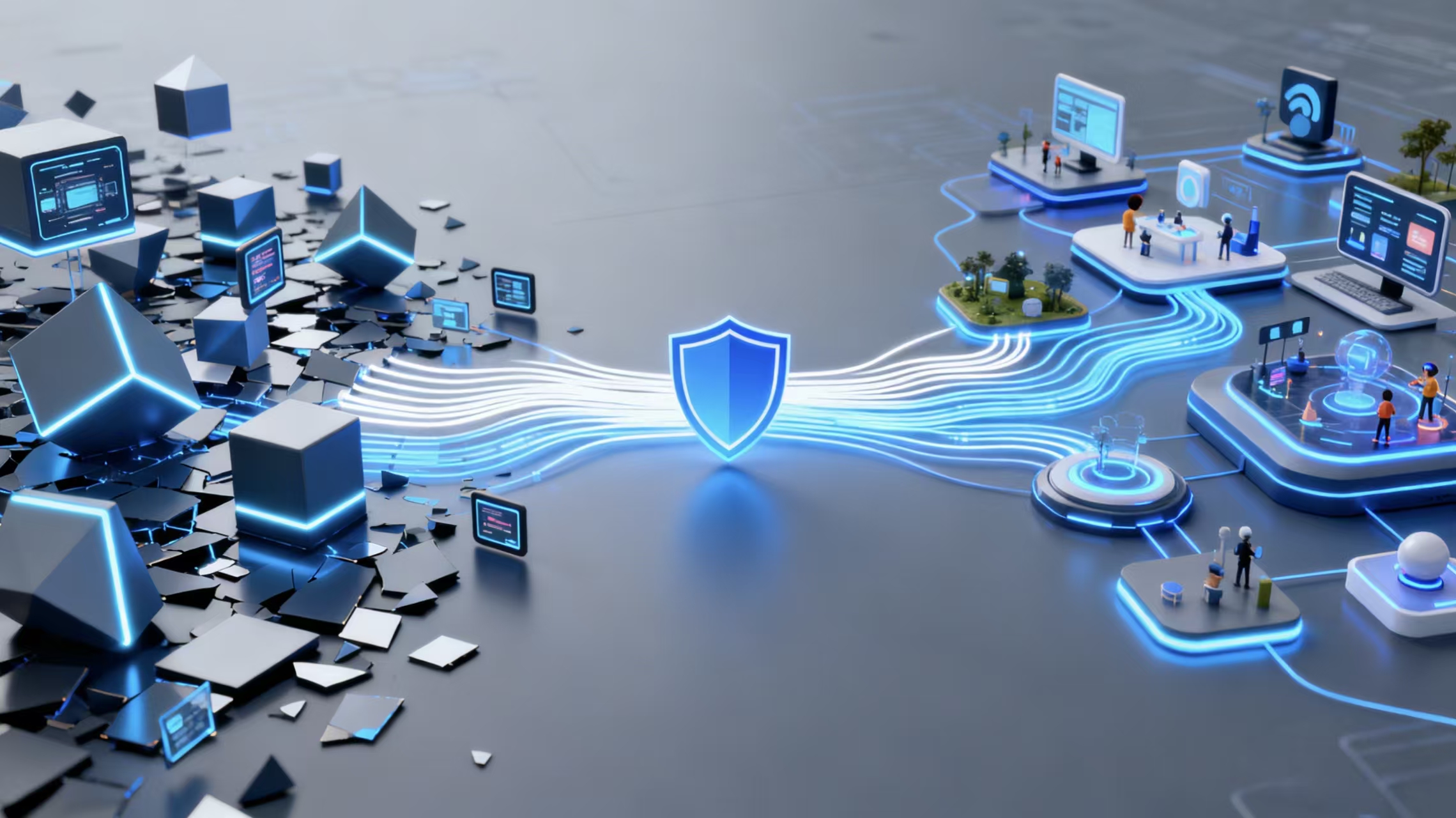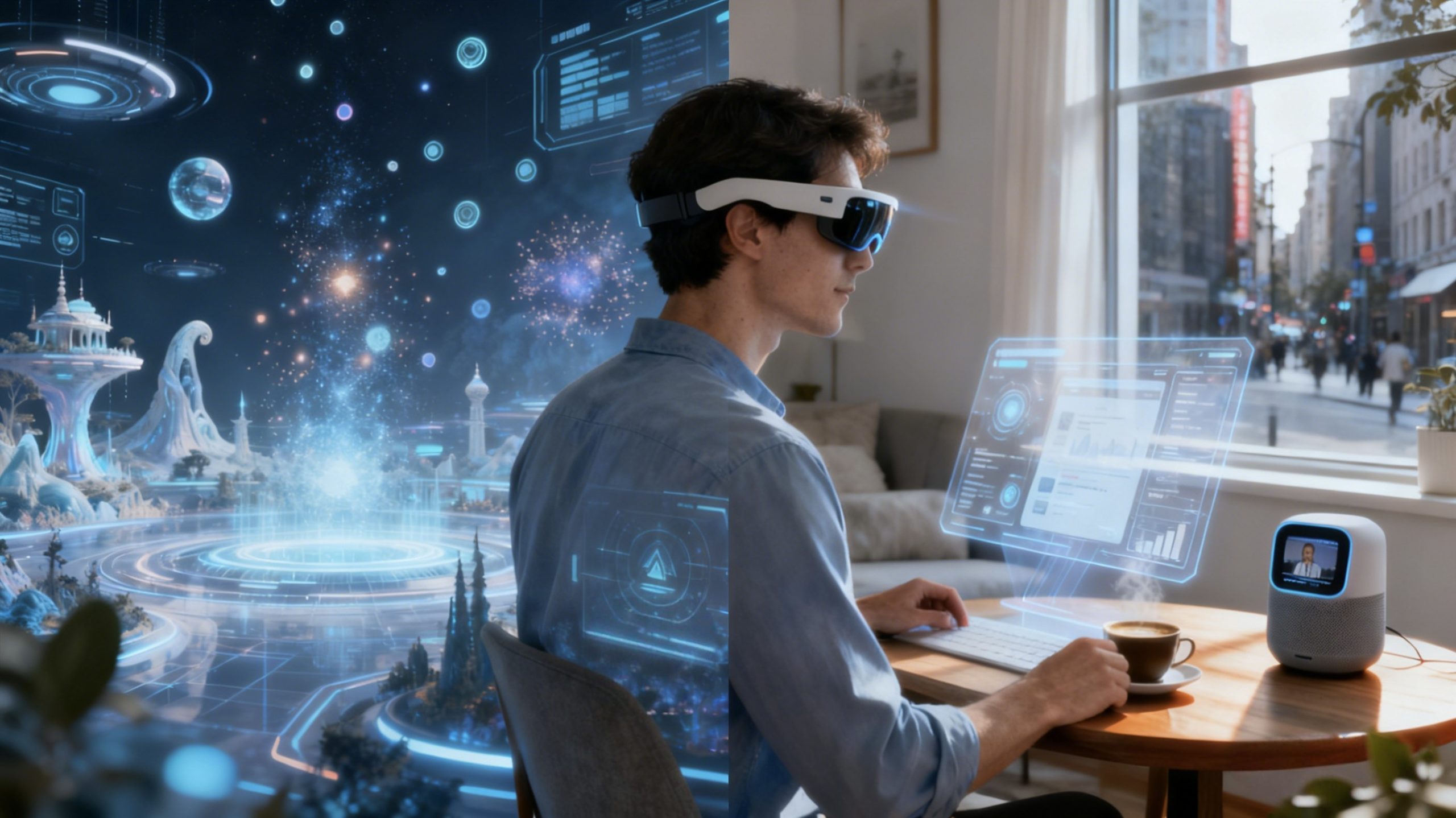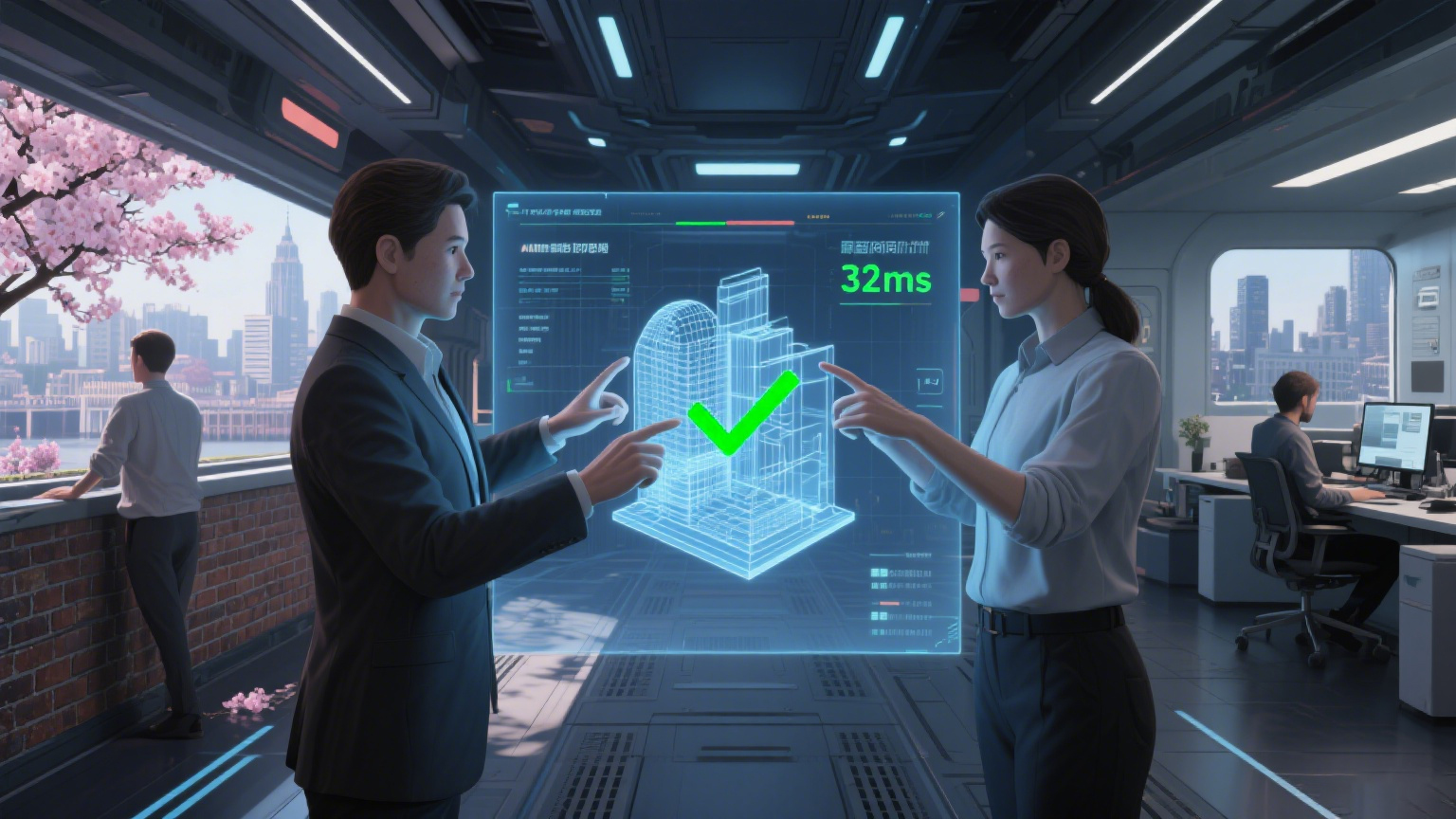DBiM Insight
-

The Metaverse’s “Invisible Infrastructure”: How DBiM’s Silent Innovation Powers Sustainable Growth
When discussing the metaverse, public attention often fixates on flashy visuals—VR headsets, hyper-realistic avatars, and sprawling virtual cities. Yet beneath these surface-level experiences lies a critical, underappreciated truth: the metaverse’s long-term success depends not on how immersive it looks, but on how reliably it operates. Most current metaverse platforms prioritize “wow factor” over stability, resulting in frustrating user…
-
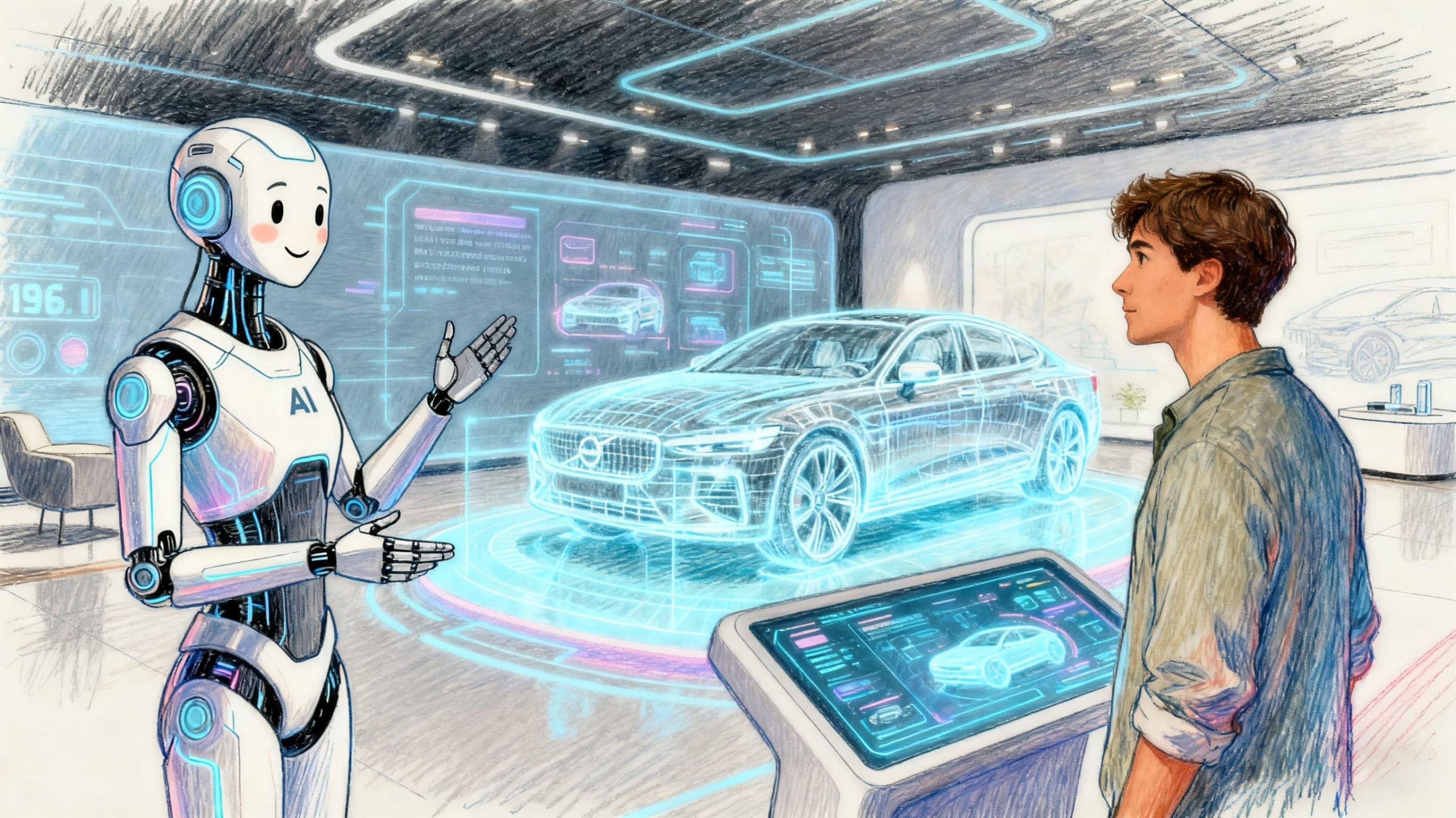
The Metaverse’s Stablecoin and Open Financial Infrastructure: Building the Trust Foundation of Digital Economy
The metaverse’s economic potential has long been overshadowed by a critical flaw: its financial system is fragmented, volatile, and untrustworthy. Users hold virtual currencies that plummet in value overnight, businesses struggle to move funds across platforms, and cross-border digital transactions are bogged down by friction and regulatory uncertainty. This isn’t just a technical issue—it’s a trust issue. Without…




